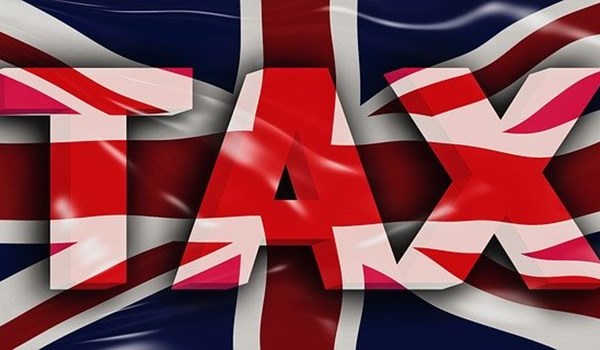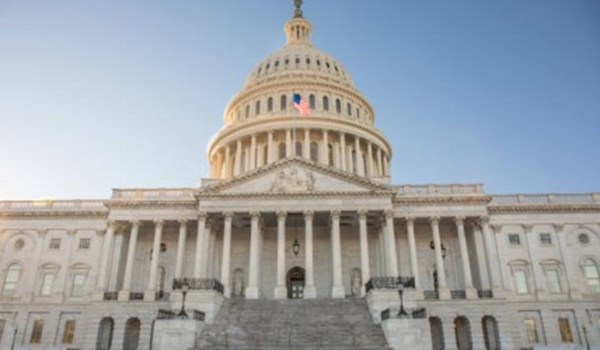Letters sent out to the finance ministry last month by Bharat Web3 Association and CoinDCX highlighted concerns over the 30 percent VDA tax burdening small Web3 and crypto businesses and the need for a level playing field by bringing offshore exchanges under TDS regulations.
Indian crypto and web3 industry body Bharat Web3 Association (BWA) sent out its Budget 2024 wishlist to the finance ministry last month. This time the industry wants regulatory tightening of offshore exchanges, and reiterated its demand for rationalisation of taxes.
This comes at a time when the Indian crypto sector has already started seeing some regulatory green shoots, with the finance ministry sending show-cause notices to offshore exchanges, which are not registered with the Financial Intelligence Unit-India (FIU-IND), and blocking their URLs.
BWA’s current members include infrastructure providers such as Polygon and Biconomy; crypto exchanges such as CoinDCX and CoinSwitch; virtual gaming platform Hike; and other Web3 players such as Liminal and Tax Nodes.
According to a note accessed by Moneycontrol, BWA’s asks include “reduction in the rate of TDS on transfer of VDAs (virtual digital assets) to 0.01% from 1%; specifically including foreign exchanges in the scope of TDS, and reexamining the flat rate of 30% applicable to income from the transfer of VDAs.”
The note also said the existing taxation framework has “not achieved the intended purpose of enabling VDA transactions to be monitored.”
“Instead, it is incentivizing Indians to move such activities to other readily available channels that make it impossible to monitor the same,” it added.
Income from VDAs, which include cryptocurrency tokens, non-fungible tokens (NFTs), and others, are currently taxed at 30 percent.
An additional Tax Deducted at Source (TDS) of 1 percent is charged on all transactions exceeding Rs 10,000, resulting in a significant amount of capital getting stuck in the cycle on a daily basis. These TDS amounts can be reclaimed only when filing tax returns.
Citing data from blockchain analysis firm Chainalysis, BWA said that India leads in grassroots crypto adoption globally and ranks as the second-largest market in terms of raw transaction volumes in 2023, demonstrating a thriving Indian market.
CoinDCX co-founder Sumit Gupta had earlier told Moneycontrol that to evade these taxes, over 90 percent of the traffic from Indian crypto exchanges have moved to offshore exchanges.
Impact on small businesses
In a separate pre-budget recommendation letter sent out last month, crypto unicorn CoinDCX had recommendations similar to those by BWA.
Its key demands include bringing offshore exchanges under the TDS mandate and reduction of the rate of transfer of VDAs from 30 percent to bring it on par with other assets such as securities.
“Specifically include offshore platforms in the scope of the TDS mandate under Section 194S to ensure a level playing field between Indian and offshore exchanges,” CoinDCX said in its letter, a copy of which Moneycontrol has seen.
The letter highlighted that the country boasts of a “thriving developer community that is contributing substantially to the development of the Web3 ecosystem, globally.”
“Reports suggest that 11% of the global Web3 talent is in India. Subjecting the entire industry to the high rate of 30% coupled with disallowance of offset of losses discourages entrepreneurship, innovation, job creation, wealth creation, foreign investment, and reduces revenue inflow for the government exchequer. It in turn encourages migration outside India,” the letter said.
CoinDCX added that this significant capital gains tax will “burden” and pose a challenge for small businesses.
“Although the government permits a lower tax regime in the share trading business, the VDA trading sector faces a disadvantageous position, deterring potential growth and investment,” it said.
Even then, industry players may not be optimistic about much change immediately as 2024 will be an election year and this will be a vote on account, not a full-fledged budget.
Kiran Vivekananda, Chief public policy officer, CoinDCX, and a director of BWA, said that with elections approaching in April, there isn’t much he expects from the union budget, adding that the government has already taken some steps to bring offshore entities under FIU-IND.
“I think this year the requests are more legitimate. Last year, we didn’t have enough data to substantiate the impact on how businesses are getting impacted and winding up in India with most founders going offshore, as the taxes were still new. I think the overall understanding of the industry that this is not just speculation has also happened through G20 discussions,” he added.



